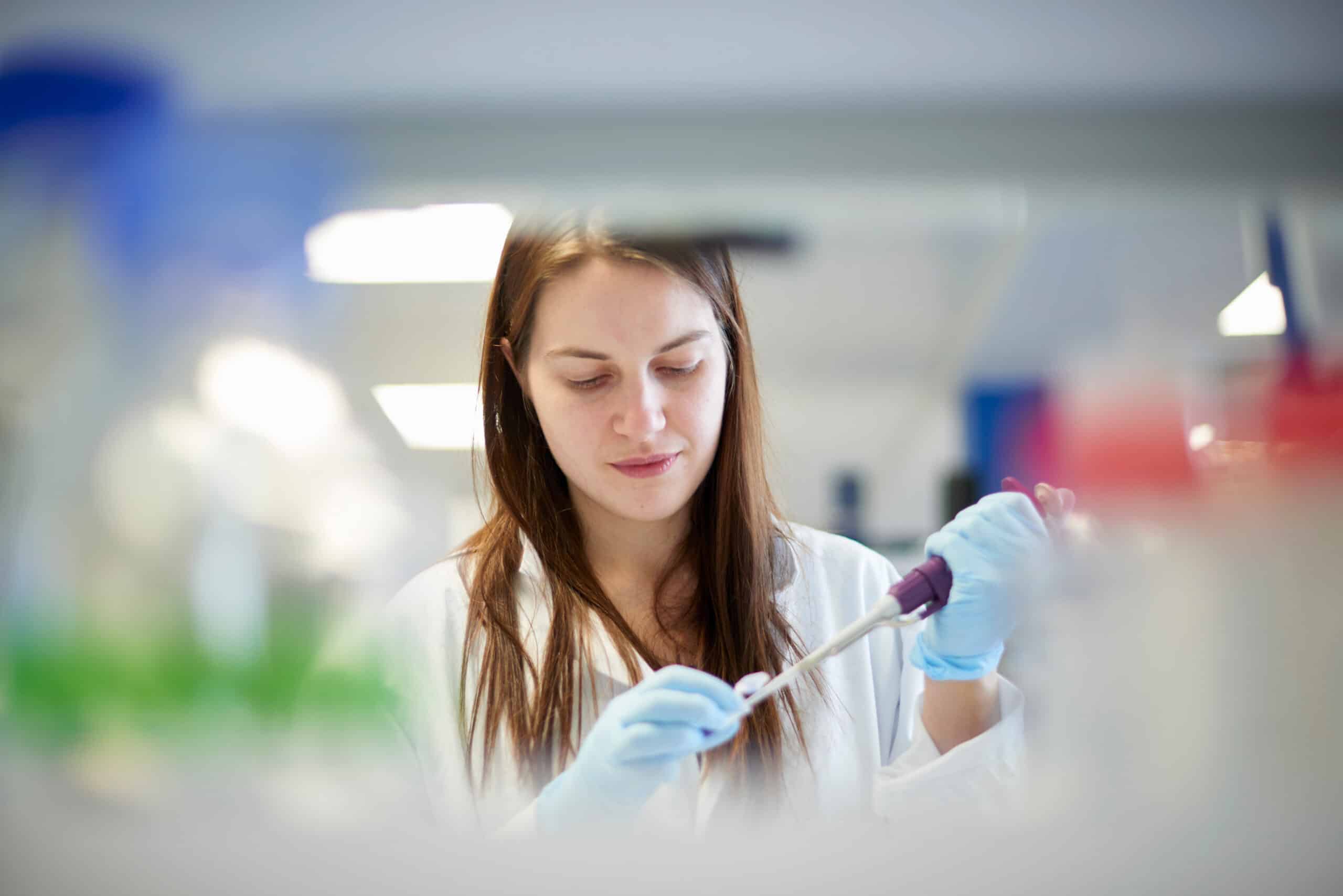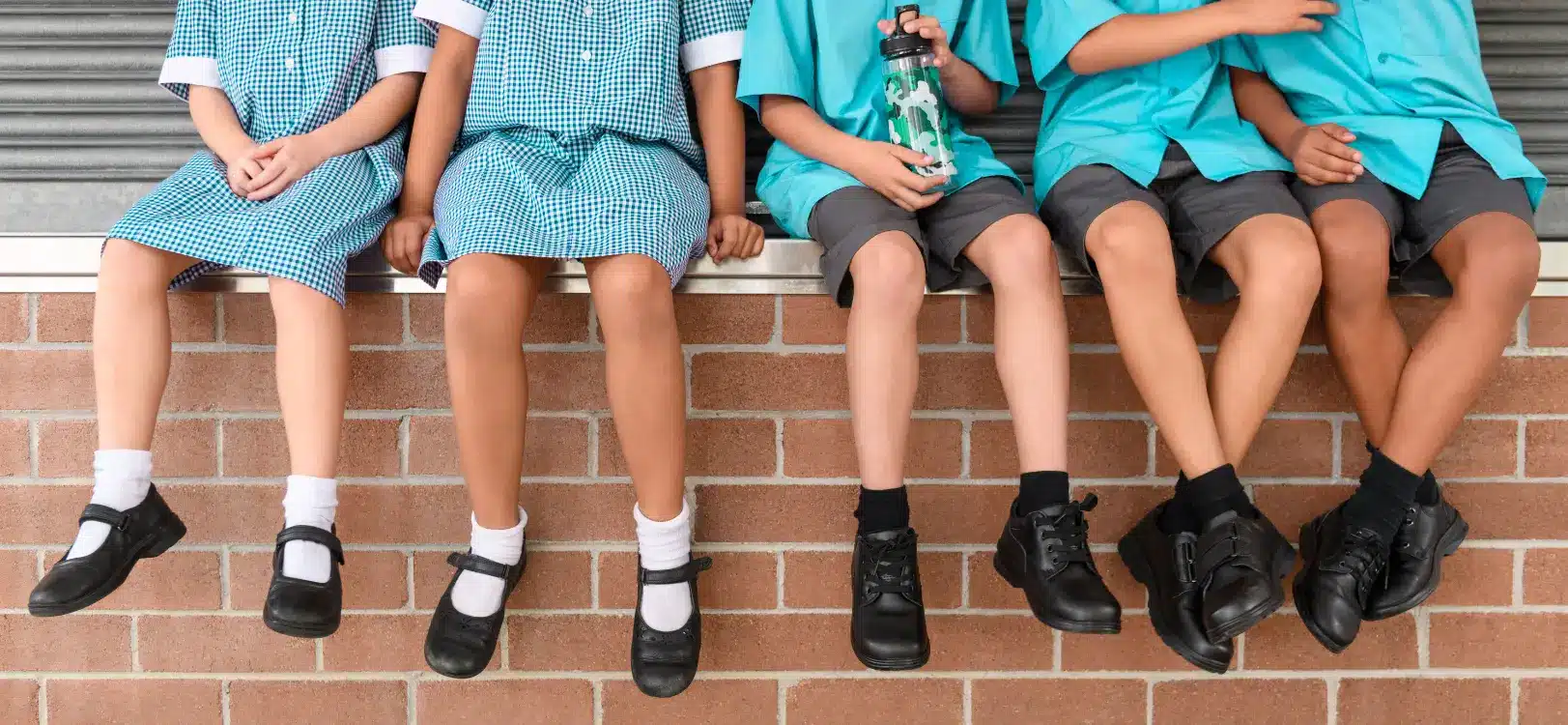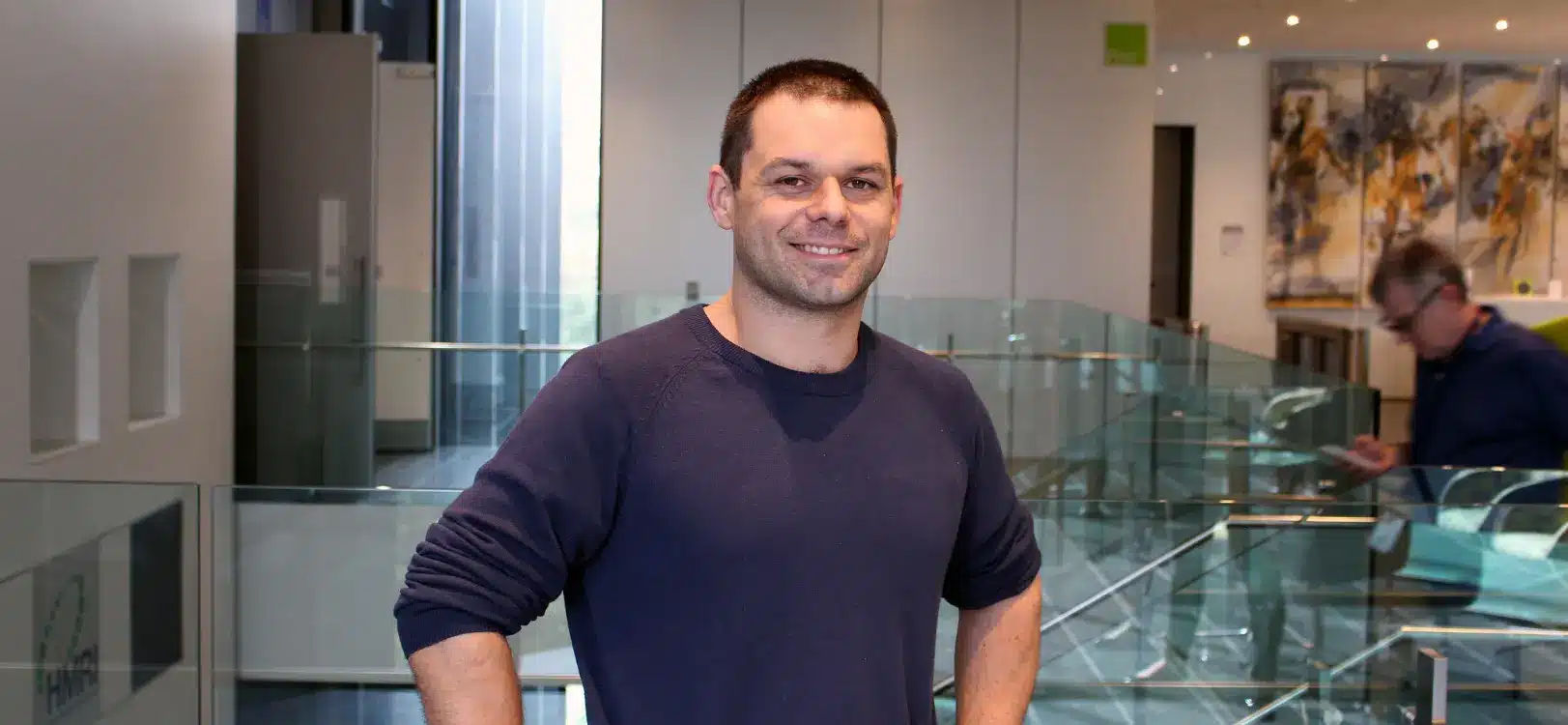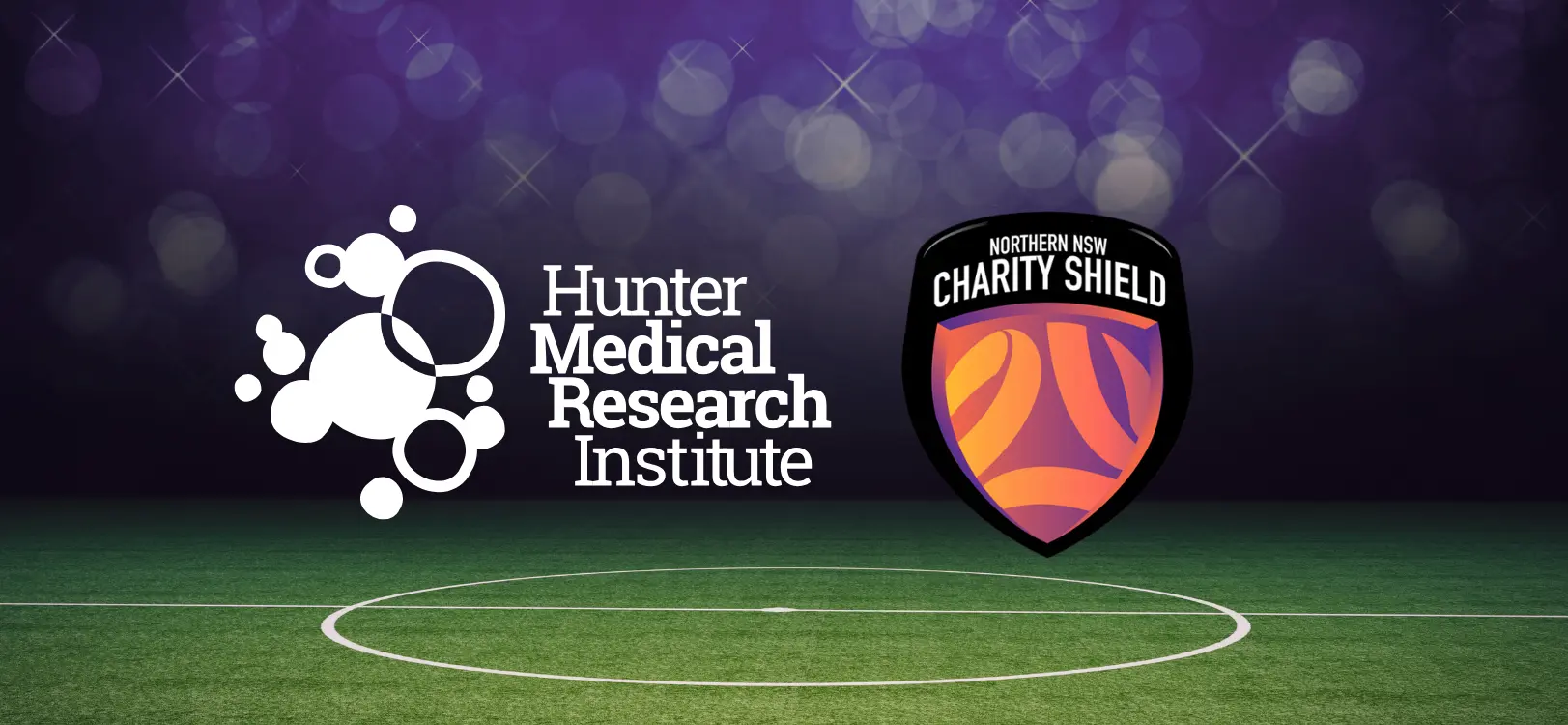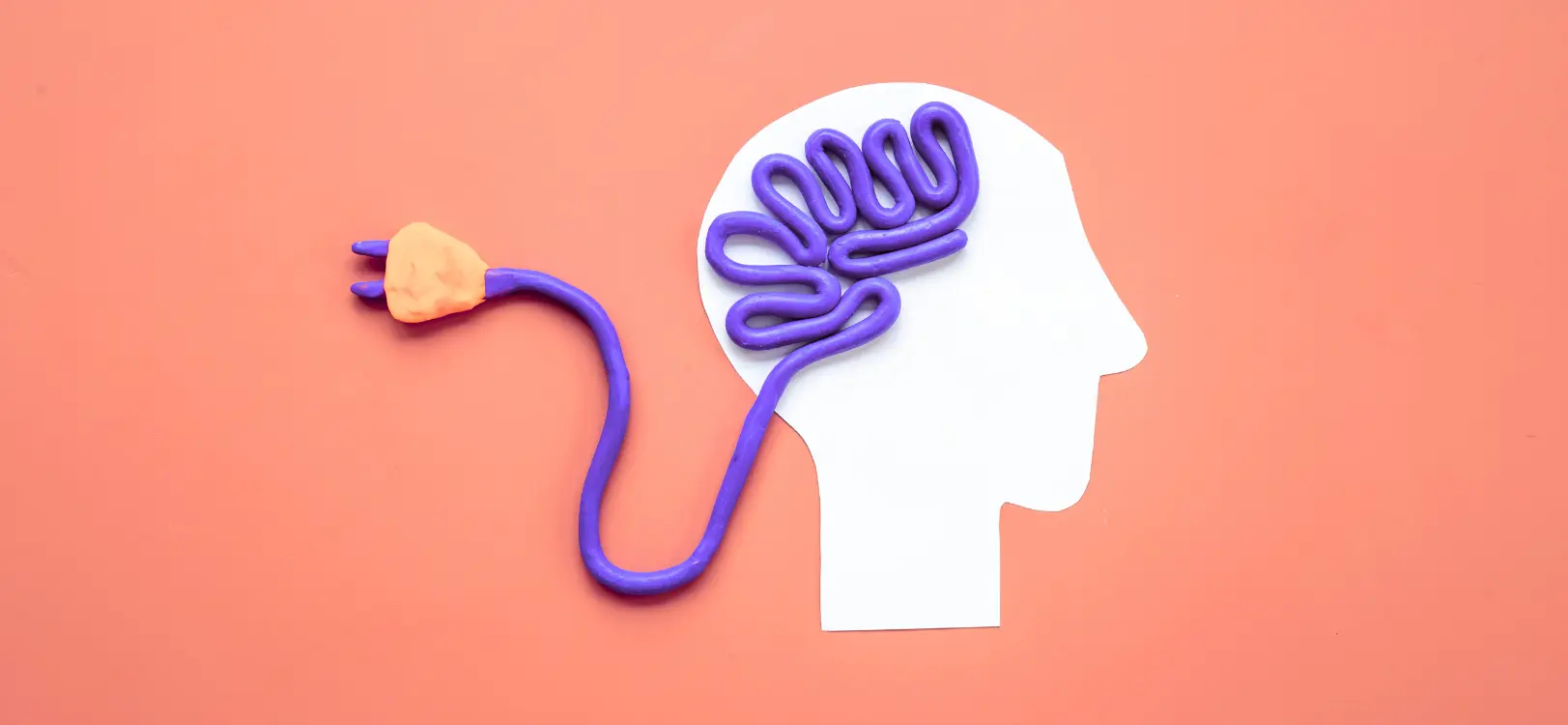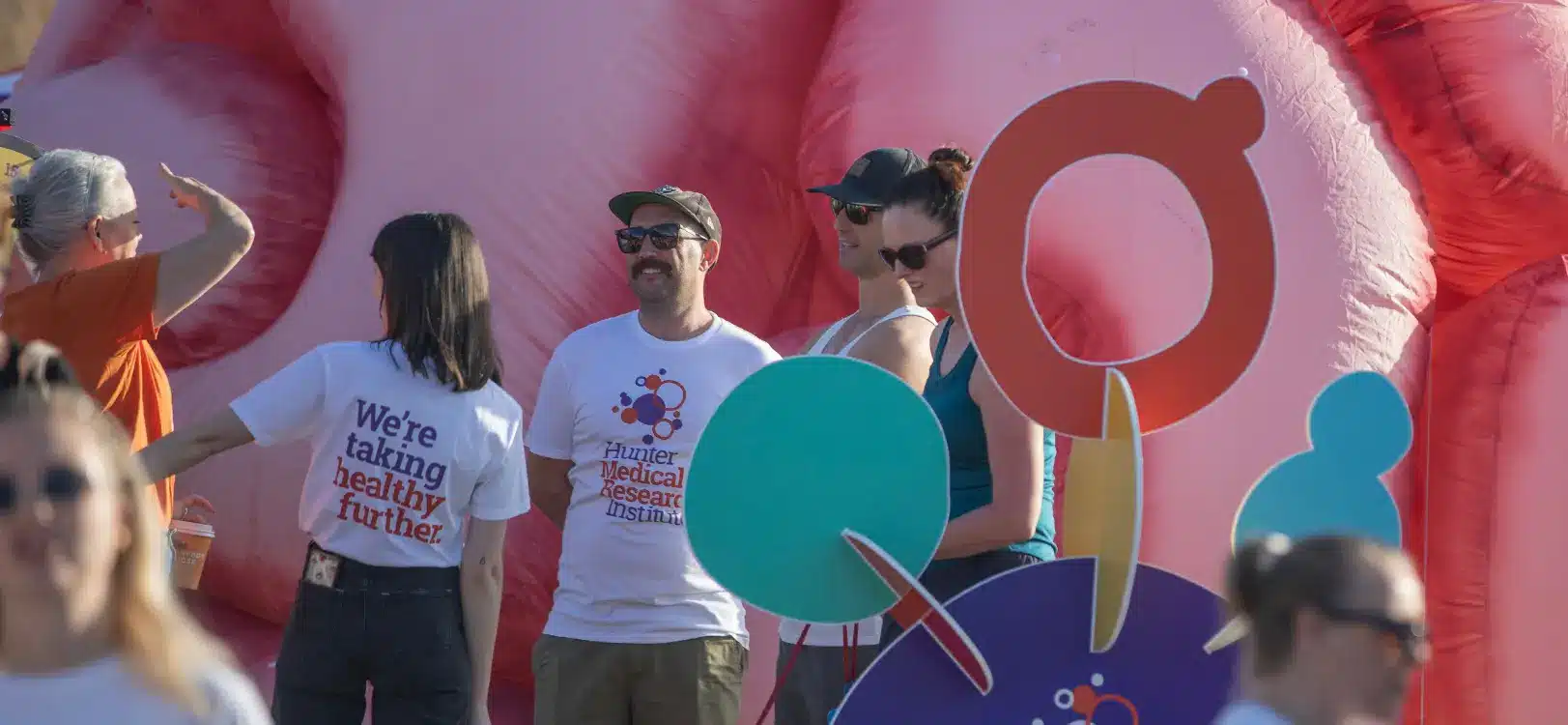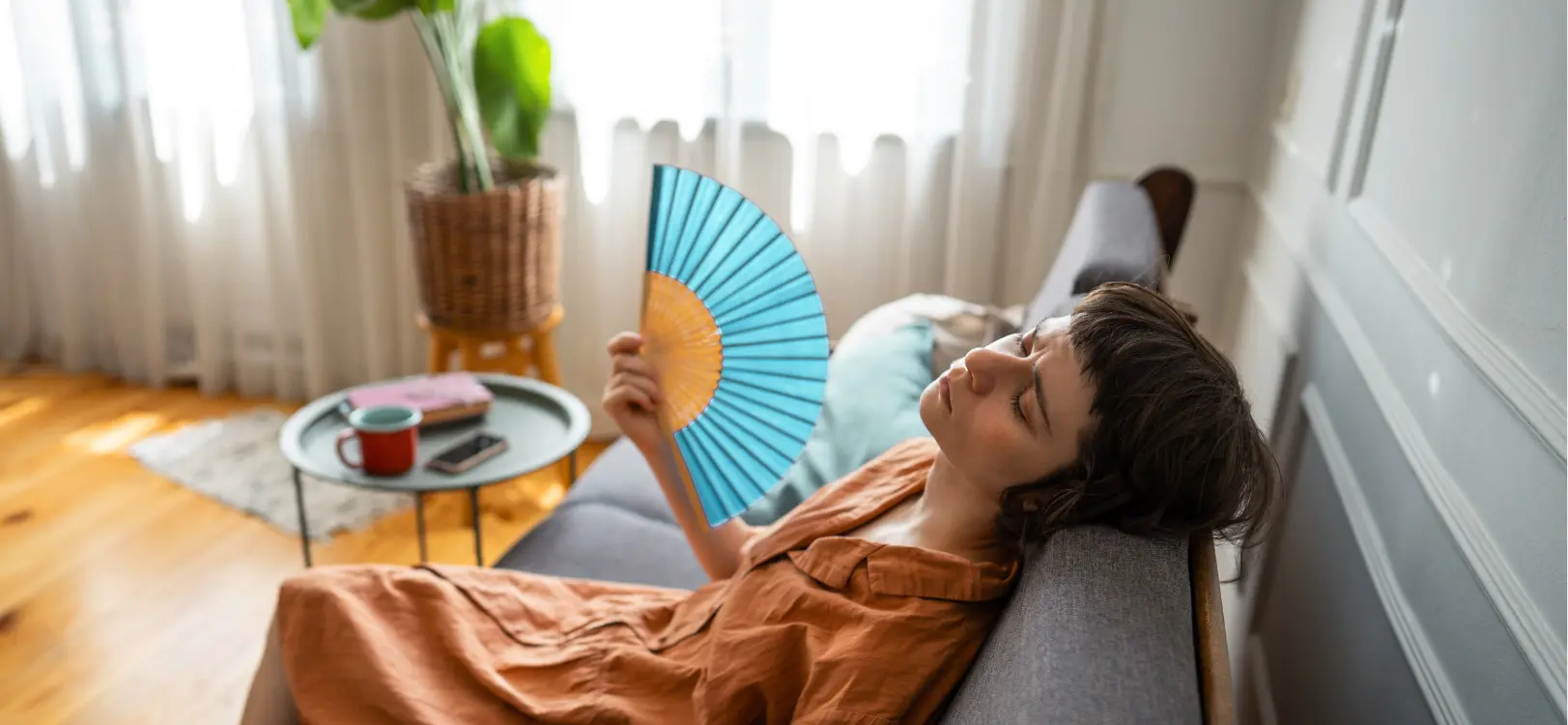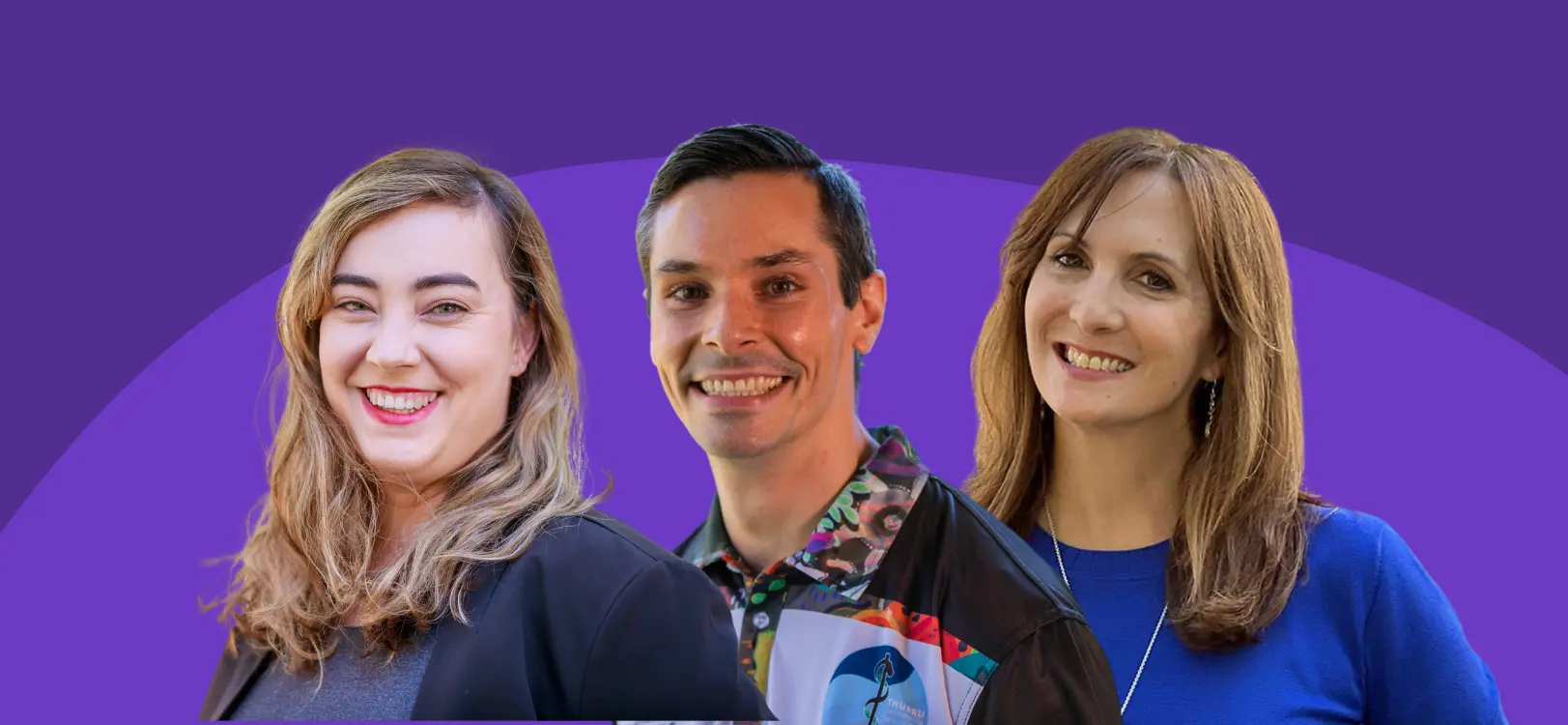This research project is being led by Professor Leeanne Carey from La Trobe University and involves study sites in Melbourne, Adelaide and Newcastle.
The research will test rehabilitation programs delivered in people’s homes, that are:
- tailored to each person’s needs and capacity, and
- guided by new technologies that use artificial intelligence (AI),
to see whether they improve how well survivors of stroke recover the ability to do everyday activities at home.
It will also look at whether people feel that doing the program improves their quality of life.
Why is the research being done?
A large proportion of stroke survivors return to living in the community with chronic and complex health needs that are often left unmet. This can have devastating and long-term impact on their health and productivity. Current stroke rehabilitation is typically hospital-based, time-limited, and applies standard therapy despite variable outcomes. However, there is a gap in transfer of gains to activities the person needs and wants to do at home, and individual recovery trajectories are often disrupted by the lack of tailored professional services to support mid and long-term recovery. This study aims to bridge this gap.
We propose a solution to address the individual complexity of recovery over time, deliver therapy at the time of need in the community, and utilise new technologies to monitor and give interactive feedback, to enhance productivity goals.
- We will monitor the person in real-time in their home environment, using personalised wearable sensors and an application to survey the experience of engaging in daily activities, in order to determine biopsychosocial markers of recovery and rehabilitation and to inform personalised needs and capacity.
- We will provide bursts of evidence-based therapies in the community that are personalised, goal-directed for real-world activities, and enhanced to give feedback through a therapist avatar.
- We will develop a centralised hub with an interactive database informed by artificial intelligence. This hub will be supported by a network of sites and up-skilled therapists to support delivery of personalised best practice therapy: at the right time and right place.
Our target is improved performance in real-world activities and quality of life of persons with stroke living in the community. Significance lies in establishing evidence for a shift in practice that guides personalized rehabilitation in the long-term, at home, and supported by new technologies to stay connected.
Who can participate in the research trial?
Stroke survivors who:
- Have had a stroke 3–18 months ago
- Have goals that involve using their arm or hand.
What will study participants be asked to do?
The study involves a 12-month period, with activities spread out over that time.
- There are 7–8 appointments that involve coming to HMRI to complete some clinical assessments (movement and sensation) and questionnaires.
- Participants will be asked to wear wrist sensors to monitor activity levels and answer some questions via a mobile phone app designed for the study.
- All participants will receive two therapy blocks (each 10 sessions of approximately an hour over a 6-week period), which will be tailored to the individual based on their individual goals and capacity, and current evidence. Therapy will be delivered remotely by a study therapist to the individual in the environment of their choice (e.g. home).
How to participate
Download and read the Participant Information Sheet and Consent Form
If you would like more information about the study, or to participate please contact Study Coordinators:
Louise Saxton
T: (02) 40420946
E: [email protected]
Lucy Bailey
T: (02) 4042 0570
E: [email protected]
